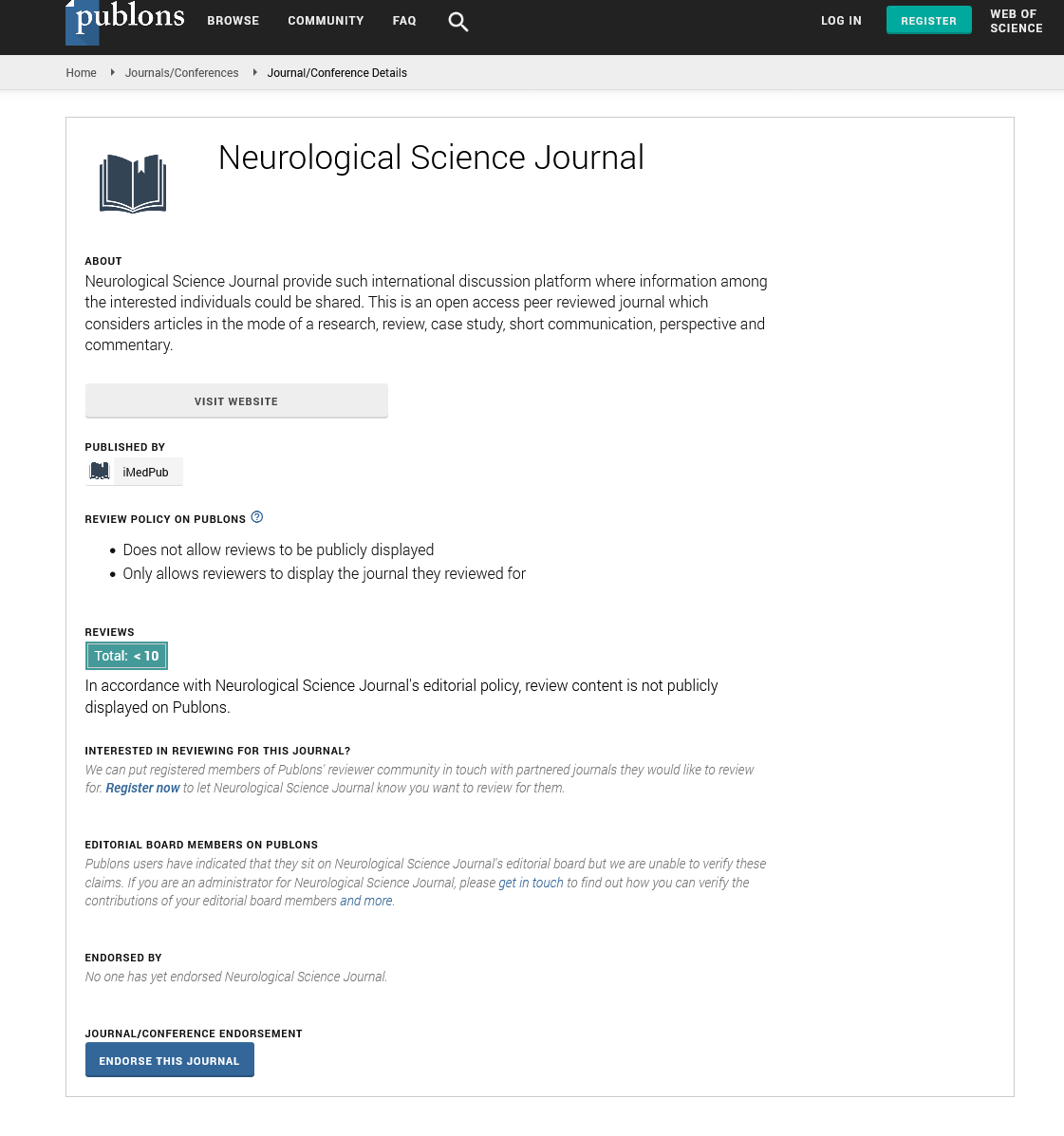Abstract
NEED OF IMPLIMENTING CHILD COGNITIVE REHABILITATION MODELS: A THEORETICAL ANALYSIS ON EXISTING COGNITIVE REHABILITATION MODELS
Cognitive Rehabilitation has been variously used in the research literature to represent non-pharmacological interventions that target the cognitive impairments with the goal of ameliorating cognitive function and functional behaviors to optimize the quality of life. Along with adult’s cognitive impairments, the need to address both neurodevelopmental impairments and acquired cognitive impairments among child populations is inevitable. All published rehabilitation models and interventions (Diller & Gordon, 1981, Bracy, etal.2003, Prigatano 2005 etc) targeting the cognitive domains of attention, memory and/or executive function and behavioral aspects that could be identified were reviewed. Based on a systematic review of the literature from (1978 - 2011) different cognitive rehabilitation models are briefly described. Clinical and research gap in the area are discussed. 15 papers, both Indian studies and foreign publications (Delhi psychiatry journal, APA PsyNet, Springer, Mount Sinai Journal of Medicine), were identified. A very limited number of studies in India, have done research in the implementation of a structured module for CR, not established yet among children. The review of the current evidence regarding the failures and successes of cognitive rehabilitation among adults shows that several promising approaches have been developed in the last 30 years. (Tsaousides, & Gordon, 2009). Providing at this time is a minimal conclusive evidence for, the efficacy of cognitive rehabilitation in children with developmental cognitive impairment/
Author(s): Pulari C
Abstract | Full-Text | PDF
Share This Article
Google Scholar citation report
Citations : 11
Neurological Science Journal received 11 citations as per Google Scholar report
Neurological Science Journal peer review process verified at publons
Abstracted/Indexed in
- Google Scholar
- Publons
Open Access Journals
- Aquaculture & Veterinary Science
- Chemistry & Chemical Sciences
- Clinical Sciences
- Engineering
- General Science
- Genetics & Molecular Biology
- Health Care & Nursing
- Immunology & Microbiology
- Materials Science
- Mathematics & Physics
- Medical Sciences
- Neurology & Psychiatry
- Oncology & Cancer Science
- Pharmaceutical Sciences
